Home

PCOS & PCOD

PCOS Hair Loss: The Ultimate Guide to Causes, Treatment and Home Remedies
In this Article
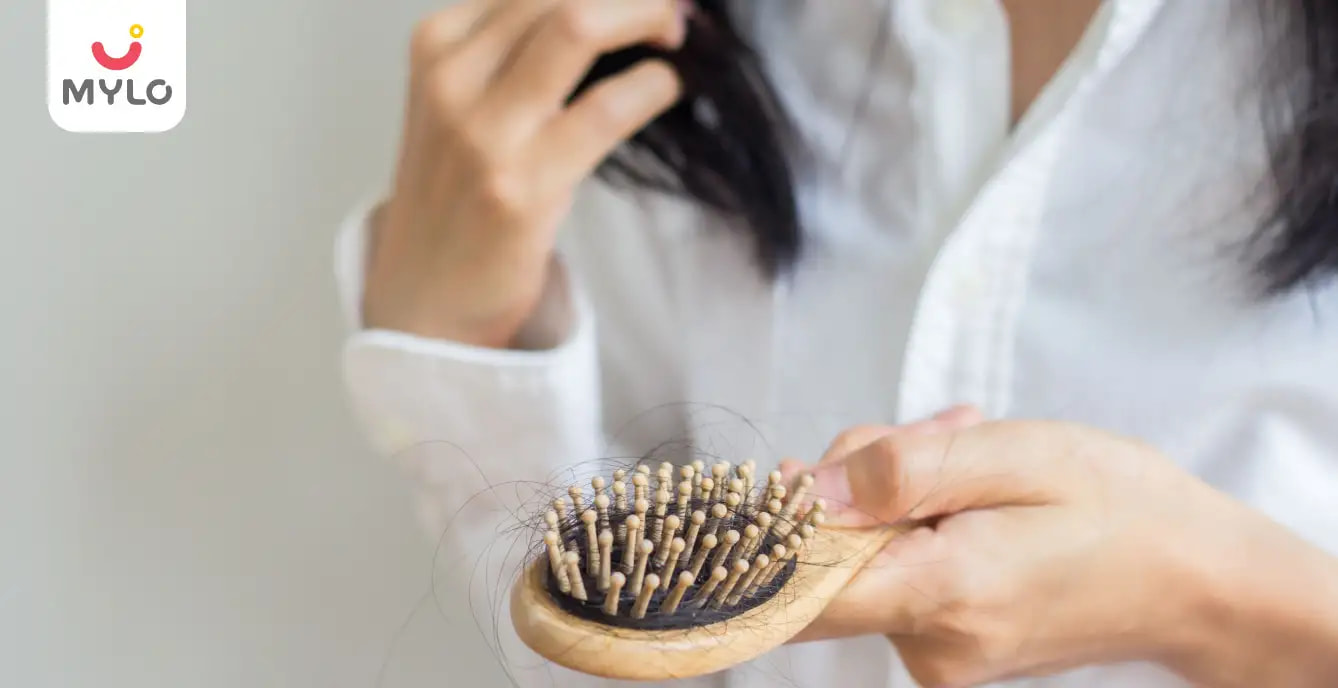
PCOS & PCOD
PCOS Hair Loss: The Ultimate Guide to Causes, Treatment and Home Remedies
Updated on 13 December 2023



Medically Reviewed by
Dr. Shruti Tanwar
C-section & gynae problems - MBBS| MS (OBS & Gynae)
View Profile

As Arpita stood in front of the mirror, comb in hand, she couldn't help but feel a pang of frustration and concern. Nearly every stroke of the comb was accompanied by a handful of her precious hair, leaving behind a trail of thinning locks. It was a battle she hadn't anticipated facing – PCOS hair loss. Like many women, she had heard of PCOS before, but its impact on her life had remained a distant concept until that very moment.
In her quest for answers, she discovered a wealth of knowledge about the underlying causes and available treatments and even tried a few intriguing home remedies. So, whether you're standing in front of that mirror, comb in hand, or simply seeking knowledge to empower yourself or a loved one, this ultimate guide is designed to be your compass through PCOS hair fall treatment and causes.
Does PCOS Cause Hair Loss?
PCOS or Polycystic Ovary Syndrome itself doesn't directly cause hair loss. However, the hormonal imbalances associated with PCOS can contribute to hair loss. High levels of androgens, such as testosterone, in women with PCOS can lead to a condition called androgenic alopecia, commonly known as male pattern hair loss.
This condition causes the hair follicles to shrink and produce thinner, shorter hair strands. Additionally, high insulin levels in PCOS can also contribute to hair loss by affecting the hair growth cycle.
What Causes Hair Loss in PCOS?
Let us understand the reasons leading to hair loss in women with PCOS:
1. Hormonal Imbalances
As mentioned earlier, PCOS is characterized by hormonal imbalances, particularly elevated levels of androgens. These hormonal imbalances can disrupt the normal hair growth cycle and lead to hair loss.
2. Insulin Resistance
Insulin resistance, a common feature of PCOS, can also contribute to hair loss. When the body becomes resistant to insulin, it produces more insulin to compensate. This excess insulin can disrupt the hair growth cycle and lead to hair loss.
3. Inflammation
Inflammation in the body, often seen in women with PCOS, can affect the hair follicles and impede hair growth. Chronic inflammation can lead to a condition known as cicatricial alopecia, where scar tissue replaces the hair follicles.
4. Nutritional Deficiencies
Women with PCOS are often deficient in certain nutrients, such as iron, zinc, and vitamin D, which are essential for healthy hair growth. These deficiencies can contribute to hair loss.
5. Stress
PCOS can be a source of significant stress for many women. Chronic stress can disrupt the hair growth cycle and lead to increased hair shedding and hair loss.
You may also like: PCOS Acne: The Ultimate Guide to Causes, Treatment and Management
PCOS Hair Fall Treatment
If you're looking for PCOS hair loss treatment, then there are several treatment options for women suffering from PCOS-related hair loss such as:
1. Medications
There are several medications that can help manage hair loss in PCOS. These include anti-androgen medications, such as spironolactone, which can reduce the effects of excess androgens on the hair follicles. Minoxidil, a topical solution, can also be effective in promoting hair regrowth.
2. Hormonal Therapy
Hormonal therapy, such as birth control pills, can help regulate hormone levels in women with PCOS. This can help reduce the impact of androgens on hair follicles and prevent further hair loss.
3. Hair Transplantation
In severe cases of hair loss, hair transplantation may be an option. This procedure involves moving hair follicles from areas of the scalp with healthy hair growth to areas experiencing hair loss.
4. Scalp Massage
Massaging the scalp can help improve blood circulation to the hair follicles and stimulate hair growth. Use essential oils, such as lavender or rosemary, for added benefits.
5. Laser Therapy
Low-level laser therapy (LLLT) has shown promising results in promoting hair growth in women with PCOS. This non-invasive treatment involves the use of laser devices to stimulate hair follicles.
You may also like: PCOS Self Care: How to Nurture Your Body and Mind
PCOS Hair Loss Home Remedies
If you are looking for natural ways to treat PCOS hair loss, then here are some PCOS hair loss remedies for you:
1. Balanced Diet
A balanced diet rich in vitamins, minerals, and antioxidants is crucial for healthy hair growth. Include foods like leafy greens, fruits, lean proteins, and nuts to ensure you're getting essential nutrients.
2. Scalp Care
Proper scalp care can help maintain a healthy environment for hair growth. Use a gentle shampoo and conditioner suitable for your hair type and scalp condition. Avoid harsh chemicals and excessive heat styling.
3. Essential Oils
Certain essential oils, such as lavender, rosemary, and peppermint, have been found to promote hair growth. Mix a few drops of these oils with a carrier oil, like coconut or jojoba oil, and massage into the scalp.
4. Stress Management
Finding healthy ways to manage stress can help reduce hair loss associated with PCOS. Engage in relaxation techniques, such as yoga, meditation, or deep breathing exercises.
5. Supplements
Some supplements, such as biotin, iron, and omega-3 fatty acids, may help improve hair health. Consult with a healthcare professional before starting any supplements.
You may also like: PCOS Supplements: A Comprehensive Guide to Choosing the Right Solutions
FAQs
1. What is the relation between PCOS and hair loss?
PCOS is not a direct cause of hair loss but can contribute to it. Hormonal imbalances and high levels of androgens in women with PCOS can lead to hair loss.
2. How to choose the best shampoo for PCOS hair loss?
Look for shampoos that are gentle, sulfate and paraben-free, contain DHT-blocking ingredients, and are designed for hair loss or thinning.
3. How to stop PCOS hair loss naturally?
To stop PCOS hair loss naturally, it’s important to consume a balanced diet that can help address hormonal imbalances, exercise regularly and incorporate Yoga and natural remedies like applying onion juice on the scalp.
Key Takeaways
In conclusion, PCOS hair loss can be a distressing symptom for many women dealing with this condition. Understanding the underlying causes, such as hormonal imbalances and sensitivity to androgens, is crucial in finding effective treatment options. While there is no one-size-fits-all solution, incorporating natural remedies like onion juice, maintaining a healthy diet, and engaging in yoga and exercise can help promote hair growth and manage symptoms. However, it is important to remember that these remedies may not work for everyone, and seeking professional advice from a healthcare provider is essential for personalized guidance and PCOS hair loss treatment.
References
1. Jiang VS, Hawkins SD, McMichael A. (2022). Female pattern hair loss and polycystic ovarian syndrome: more than just hirsutism. Curr Opin Endocrinol Diabetes Obes.
2. Gainder S, Sharma B. (2019). Update on Management of Polycystic Ovarian Syndrome for Dermatologists. Indian Dermatol Online J.





Medically Reviewed by
Dr. Shruti Tanwar
C-section & gynae problems - MBBS| MS (OBS & Gynae)
View Profile


Written by
Anupama Chadha
Anupama Chadha, born and raised in Delhi is a content writer who has written extensively for industries such as HR, Healthcare, Finance, Retail and Tech.
Read MoreGet baby's diet chart, and growth tips

Related Articles
Related Questions
Hello frnds..still no pain...doctor said head fix nhi hua hai..bt vagina me pain hai aur back pain bhi... anyone having same issues??

Kon kon c chije aisi hai jo pregnancy mei gas acidity jalan karti hain... Koi btayega plz bcz mujhe aksar khane ke baad hi samagh aata hai ki is chij se gas acidity jalan ho gyi hai. Please share your knowledge

I am 13 week pregnancy. Anyone having Storione-xt tablet. It better to have morning or night ???

Hlo to be moms....i hv a query...in my 9.5 wk i feel body joint pain like in ankle, knee, wrist, shoulder, toes....pain intensity is high...i cnt sleep....what should i do pls help....cn i cosult my doc.

Influenza and boostrix injection kisiko laga hai kya 8 month pregnancy me and q lagta hai ye plz reply me

RECENTLY PUBLISHED ARTICLES
our most recent articles
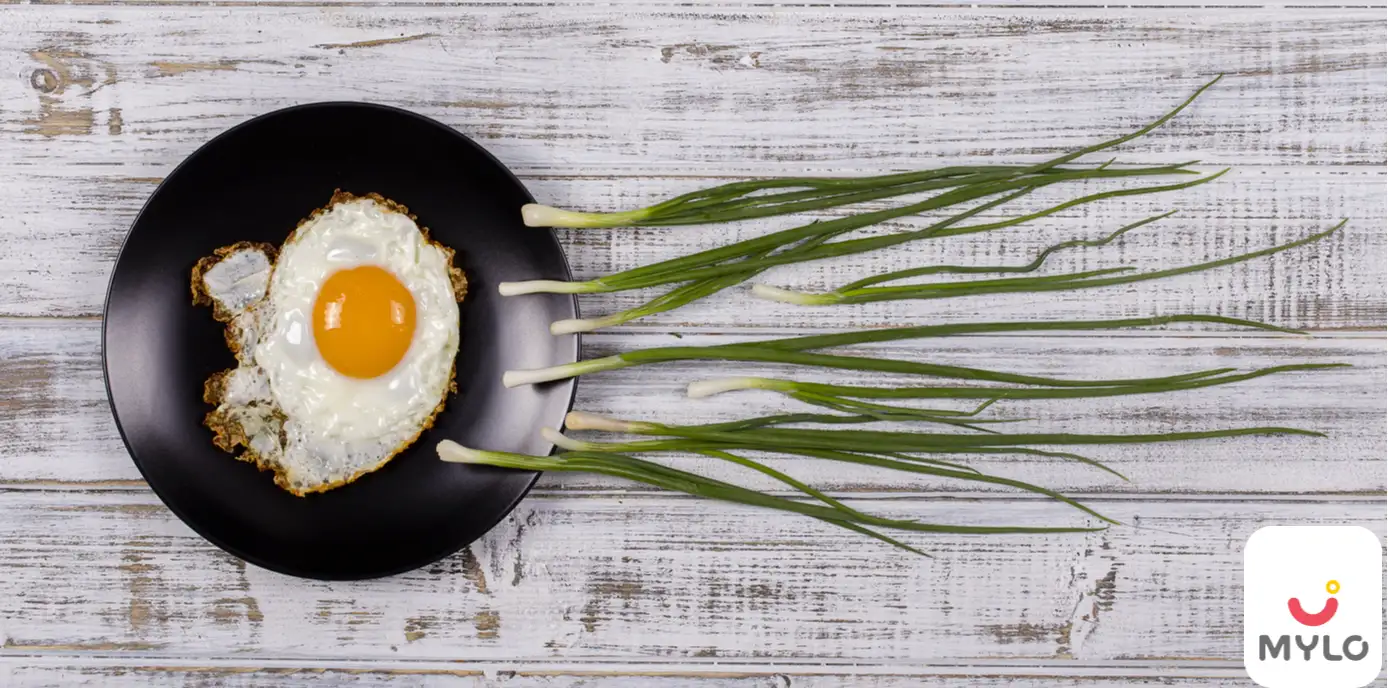
Getting Pregnant
Ovulation: The Key to Maximizing Your Chances of Conception and Pregnancy

Fun & Humour
The Ultimate Compilation of Fancy Dress Ideas for Young Kids
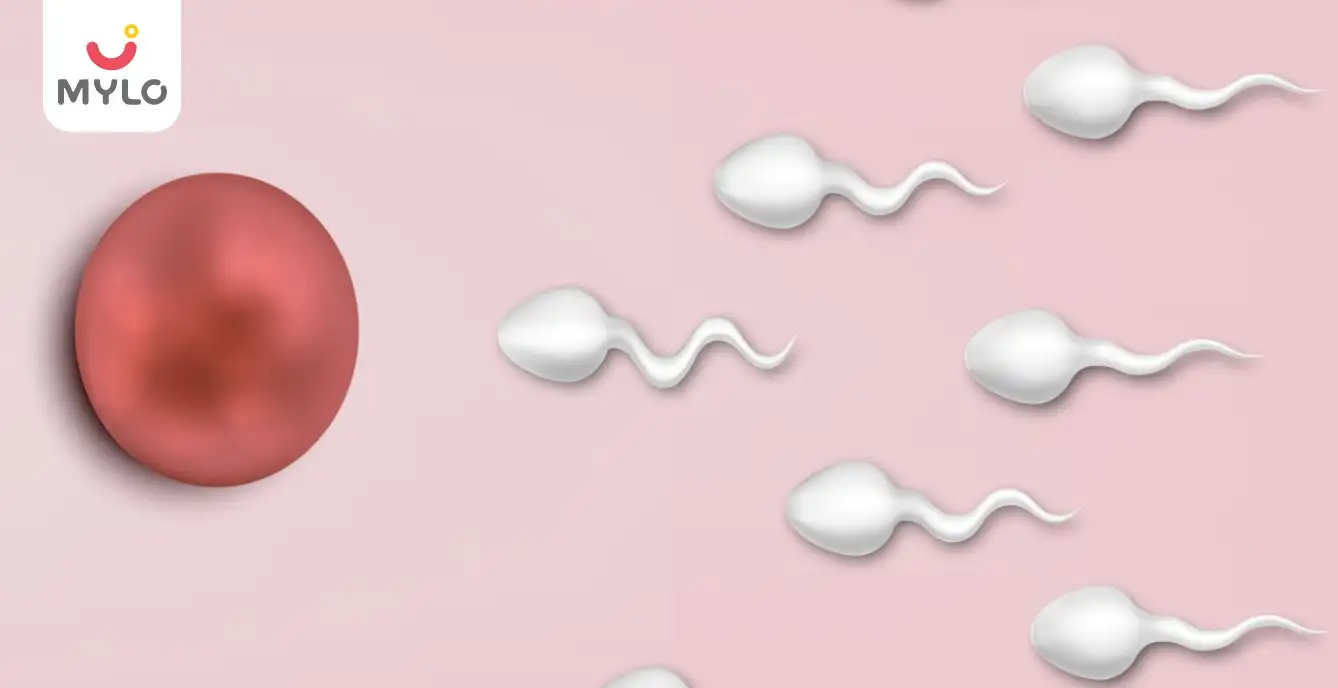
Conception
How Long Does Sperm Take to Reach the Egg?
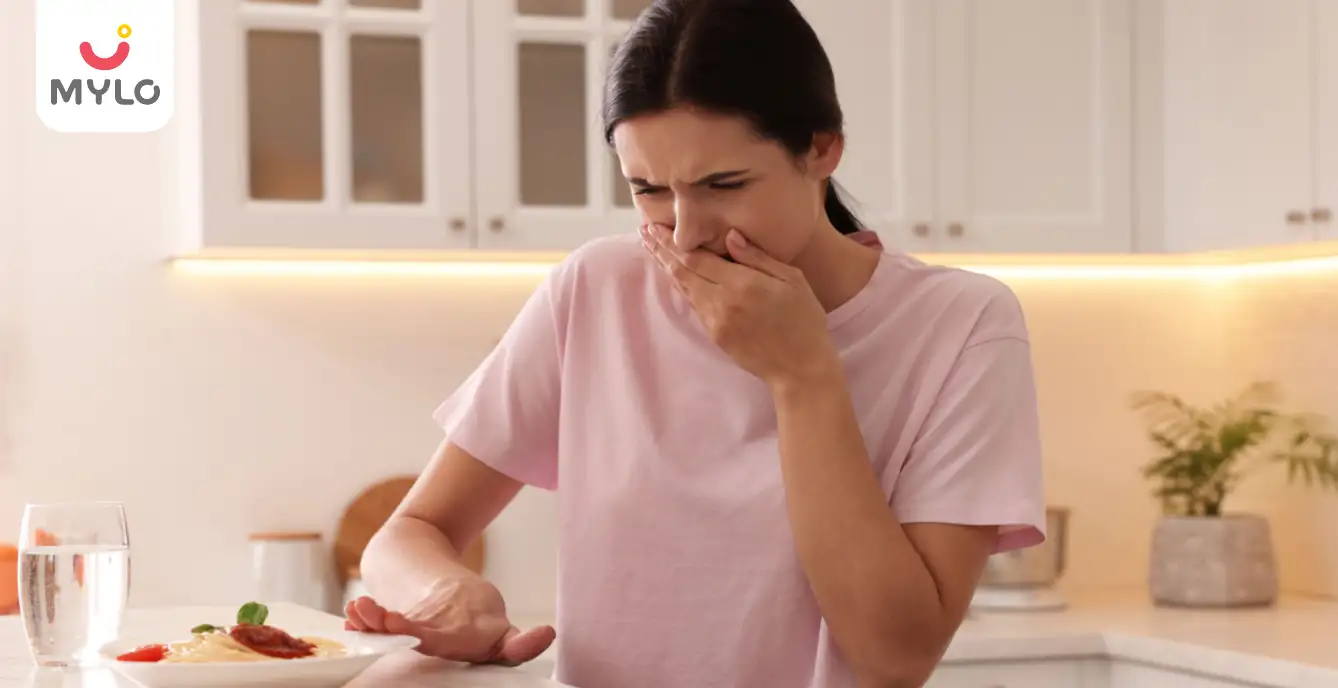
Ovulation
Pregnancy Symptoms After Ovulation Day by Day: Exploring the Daily Progression
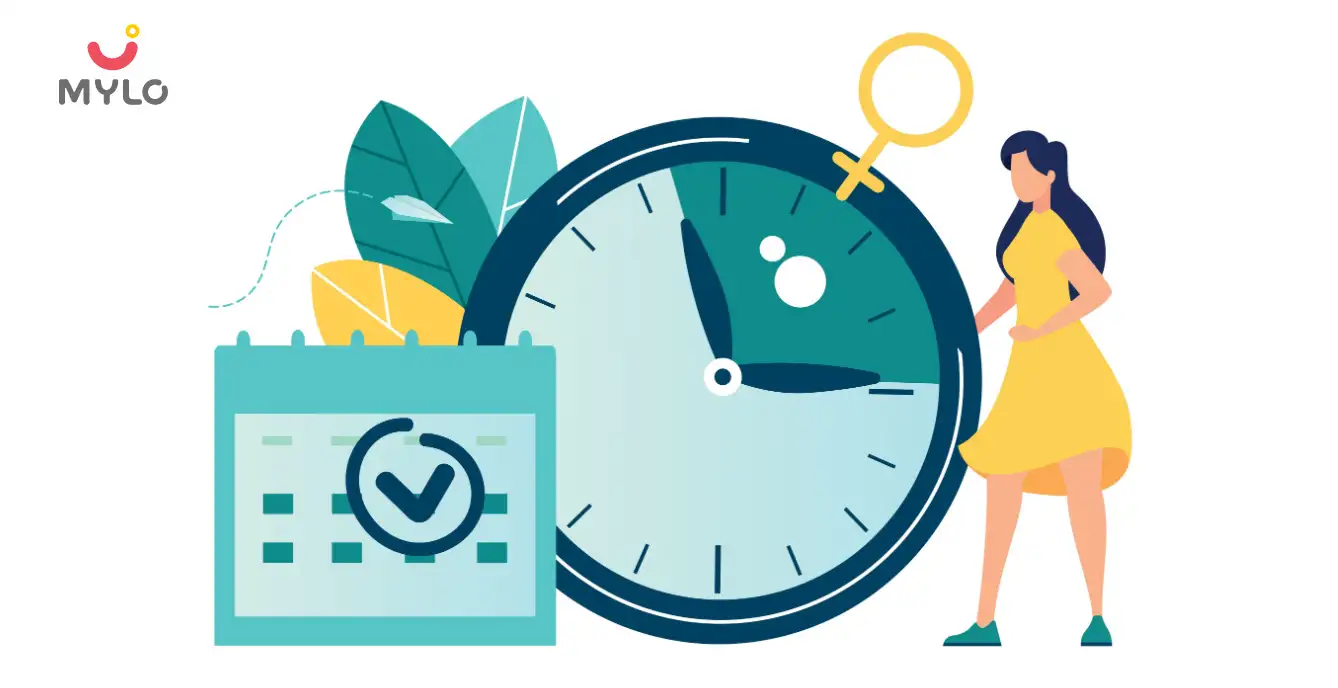
Ovulation
Signs Ovulation is Over: Your Guide to Understanding the End of Ovulation
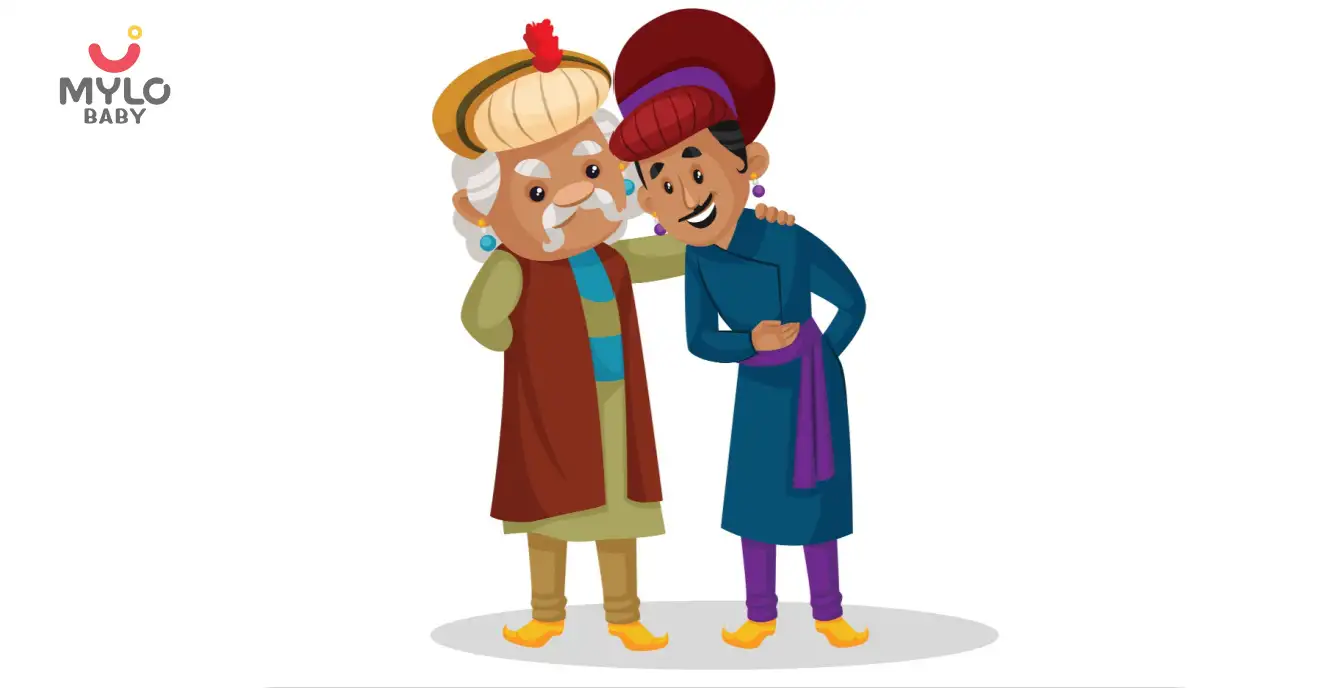
Stories
Top 15 Akbar and Birbal Stories for Young Kids
- How Soon After an Abortion Can You Get Pregnant?
- PCOS and Sex: Exploring Impact on Health and Debunking Common Myths
- Papaya for PCOS: Exploring the Link and How It Can Positively Impact Your Health
- How to Boost Fertility in Your 30s: The Ultimate Guide
- Anovulation Meaning Explained: What You Need to Know About Its Causes & Treatment
- Basal Body Temperature: How It Can Help You Track Ovulation?
- Ovulation Pain: Is It Normal or a Cause for Concern?
- Special Home Remedies For Gas During Pregnancy
- PCOD Problem After Marriage: Debunking Common Misconceptions and Finding Solutions
- White Discharge After Ovulation: A Normal Occurrence or Cause for Concern?
- Normal Ovary Size: How It Varies and What It Means for You
- 2024 Calendar with Holidays and Festivals of India
- After-Abortion Sex: A Guide to Physical and Emotional Wellness
- Cervical Cerclage: A Closer Look at the Procedure and Its Benefits


AWARDS AND RECOGNITION

Mylo wins Forbes D2C Disruptor award

Mylo wins The Economic Times Promising Brands 2022
AS SEEN IN

- Mylo Care: Effective and science-backed personal care and wellness solutions for a joyful you.
- Mylo Baby: Science-backed, gentle and effective personal care & hygiene range for your little one.
- Mylo Community: Trusted and empathetic community of 10mn+ parents and experts.
Product Categories
baby carrier | baby soap | baby wipes | stretch marks cream | baby cream | baby shampoo | baby massage oil | baby hair oil | stretch marks oil | baby body wash | baby powder | baby lotion | diaper rash cream | newborn diapers | teether | baby kajal | baby diapers | cloth diapers |




